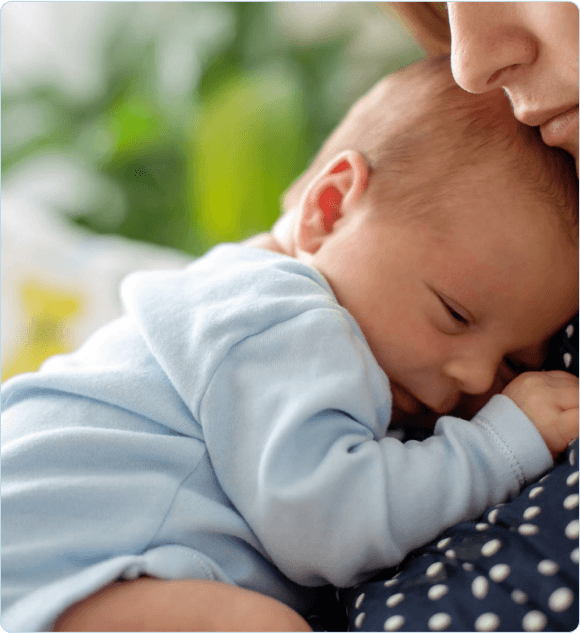We Take the Guesswork Out of Baby's Development
FREE, Easy-to-Use, and Trusted Resources

"Being a first-time mom, it's a little scary because you don't know what to expect and there are so many unknowns. But after discovering Pathways.org, I feel a sense of relief, confidence and assurance that I have the tools and information to make sure that my baby is on the right track.”
Information by Age
If Baby is premature, .
Why Trust Pathways.org?
Since 1985, Pathways.org has been a nationally recognized leader in early childhood development; helping parents and healthcare professionals work together to maximize babies' development. For over 40 years, we have provided free and trusted resources to identify early motor, sensory, communication, and feeding delays while also offering information to help all babies. More than 70 pediatric experts have collaborated with Pathways.org to ensure that "if you see it on Pathways.org, you can trust it."
Pathways.org is a sister organization of Shirley Ryan AbilityLab, the nation's #1-ranked rehabilitation hospital for 34 consecutive years. Together, we lead groundbreaking translational research promoting early detection and early intervention to provide the best outcomes for babies.
We can ALL partner to make sure every baby gets the best possible start in life.
New on Pathways.org
See the latest articles and videos for parents like you.
What to Do if You Suspect a Delay
If you have concerns about Baby's development, it's important to trust your instincts.
What to Do if You Suspect a Delay


Help Us Help More Babies
"We are so grateful for Pathways.org!! As a first time Mom and an early interventionist, the website helps me be more knowledgeable about child development and shows me a variety of ways I can support my child and the children I work with to reach milestones in their everyday routine." - First-time parent
Donate today!



